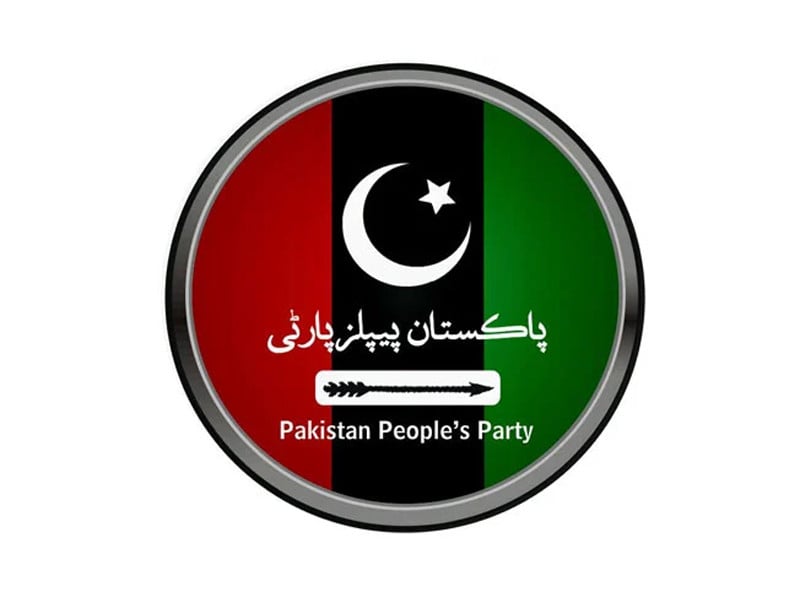Apex Court’s Neutral Stance Amid FCC Push
Despite a history of judicial activism since March 2009, the Pakistan Peoples Party (PPP) has managed to maintain a relatively neutral relationship with the Supreme Court.
PPP Chairman Bilawal Bhutto Zardari has consistently criticized the superior judiciary for its overreach into governance and legislation, particularly following the restoration of the judiciary under former Chief Justice Iftikhar Muhammad Chaudhry. There is a perception that the PPP is seizing the opportunity to hold the current judiciary accountable for past actions against the party.
The PPP is spearheading the establishment of a Federal Constitutional Court (FCC), as envisioned in the Charter of Democracy (COD). Notably, there has been a shift in the judiciary’s approach in recent years, with many Supreme Court judges now recognizing Parliament’s authority over legislation. Ten judges endorsed the Supreme Court Practice and Procedure Act 2023, signaling a departure from the aggressive judicial activism seen during the tenures of former Chief Justices Chaudhry and Saqib Nisar.
Some legal experts argue that the push for the FCC aims to exert control over independent judges, raising concerns about the silence of political leaders regarding actions taken to secure a two-thirds majority in Parliament. Former Additional Attorney General Tariq Mahmood Khokhar suggests that the PPP, once a victim of judicial overreach, is now collaborating with forces against the Pakistan Tehreek-e-Insaf (PTI) and undermining the judiciary through constitutional amendments. Khokhar finds it troubling that a party with a history of struggle is now acting in ways that could threaten the rule of law.
Historical Context of Judicial Overreach
The PPP has historically been a target of judicial activism, particularly during Iftikhar Chaudhry’s tenure as Chief Justice. The party faced significant challenges during the Supreme Court’s scrutiny of the National Reconciliation Ordinance (NRO) in December 2009, leading to a prolonged conflict with the judiciary that lasted four years. Notably, contempt proceedings were initiated against two PPP prime ministers, resulting in the conviction of former Prime Minister Yousaf Raza Gilani.
The Supreme Court’s involvement extended to numerous high-profile issues, including governance failures and corruption cases, where PPP leaders and top bureaucrats frequently found themselves in court. Under Chaudhry’s leadership, the judiciary initiated contempt proceedings against various PPP figures, further escalating tensions.
The judicial scrutiny did not ease with the subsequent Chief Justices, as the PPP continued to face challenges, including those led by ex-CJ Anwar Zaheer Jamali and Saqib Nisar. Under Nisar, President Zardari faced imprisonment over the fake accounts case, and many PPP leaders struggled to secure pre-arrest bail in corruption cases.
However, during the tenure of ex-CJP Umar Ata Bandial, the PPP-led Sindh government encountered less judicial hostility. Notably, the Supreme Court’s recent rulings have favored the PPP and Pakistan Muslim League-Nawaz (PML-N), with judges affirming amendments to the NAB law, which have benefited these parties.
Now, with Chief Justice Qazi Faez Isa at the helm, the judiciary appears less antagonistic towards the PPP. Despite this apparent thaw in relations, the PPP is still advocating for the FCC, aiming to redefine the judiciary’s role in Pakistan.
This rewrite emphasizes the relationship between the PPP and the Supreme Court, highlighting historical tensions while showcasing the current dynamics and implications of the proposed FCC.



